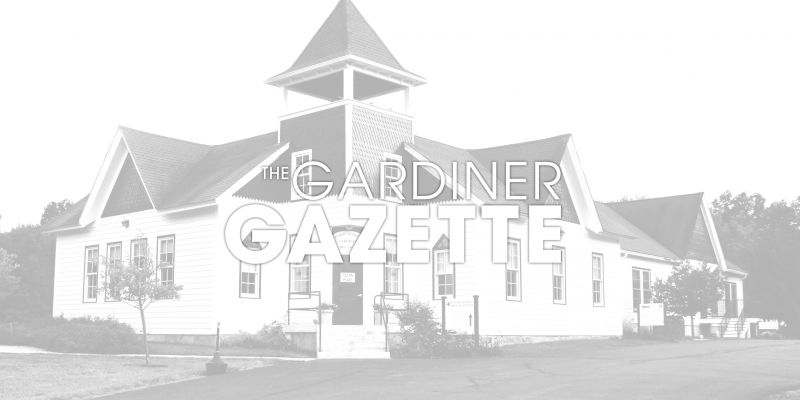
The Omnibus Consortium, of which Taxnightmare.org is a founding member, is composed of numerous groups that joined together six years ago in Gardiner to address the excessive and chaotic property taxes that are devastating the middle class. Taxnightmare.org now has a large base of supporters statewide, and our reach is vastly increased by membership in the Omnibus Consortium.
Currently, school, county and local property taxes are based on the purported real estate value of one’s home. They are subject to the fluctuating economy, the difference in assessment from area to area and formulae that make the cosmological constant look like a first grade math problem. If you lose your job, property taxes continue unabated, and too many people are paying double digit percentages of their incomes to keep their homes off the auction block. Many more are depleting their savings to forestall foreclosure, which takes not just the amount of your delinquent taxes, but whatever equity may still reside in your home.
The state’s resources, on the other hand, come mainly from an income-based tax, but also from fees, corporate taxes and transaction taxes, among many other sources, not to mention the illusory lottery millions. In addition, the state has shifted more and more funding from its broadly-based income stream to the property tax, and also persists in ignoring a Campaign for Fiscal Equity (CFE) lawsuit decision. The court ordered the state to increase its funding of schools, which would have relieved the property tax burden considerably. You try ignoring a court order and see how far it gets you.
The Consortium is focused exclusively on passing the Omnibus Tax Solution Bill, which contains a circuit-breaker that ties your property taxes to your income. The state (not your neighbor) makes up the difference. The League of Women Voters has hailed the bill as the answer to the property tax crisis, and I want to stress that the bill has multiple supporters and sponsors on both sides of the aisle. Objections arise on how to fund the amount the state will pick up, not whether the bill has merit. Naturally the state pleads poverty, in good times as well as in a recession. Since the state has exempted 800 billion worth of property from taxes; has given numerous tax breaks to multinational corporations that have yet to produce promised jobs; continues to dole out perks and privileges for state officials; and is noted for its waste, mismanagement, and profligacy, it’s hard not to be furious at its response to the disaster looming with each property tax bill.
The new governor immediately revived the failed Paterson tax levy “cap,” deliberately leading people to believe that the proposed “2% cap” will actually cap their individual increase at 2% per year. Not true. For this school tax year the Wallkill school budget was only about 1.8% higher—below the proposed 2% cap—but due to the complexities of the tax law, the tax levy in the district was 6.8% higher, and in Gardiner we saw increases of 10% or 11% (without enhanced STAR), and state aid decreased by 9.6%. A similar escalation would occur even if a cap were in place.
I’m a Democrat, so trust me when I say that Democratic governor Cuomo’s proposed cap is snake oil… not property tax relief, and when it comes to middle class taxpayers, state government may turn out to be a nest of vipers.
Belonging to a consortium advances a single goal, though its individual members may have entirely different agendas in other areas. Through the strength of the Omnibus Consortium we have succeeded in making the property tax crisis a priority in Albany. If you need more info, please don’t hesitate to all call me (845 256-0082) or visit www.Omnibustaxsolution.org.
